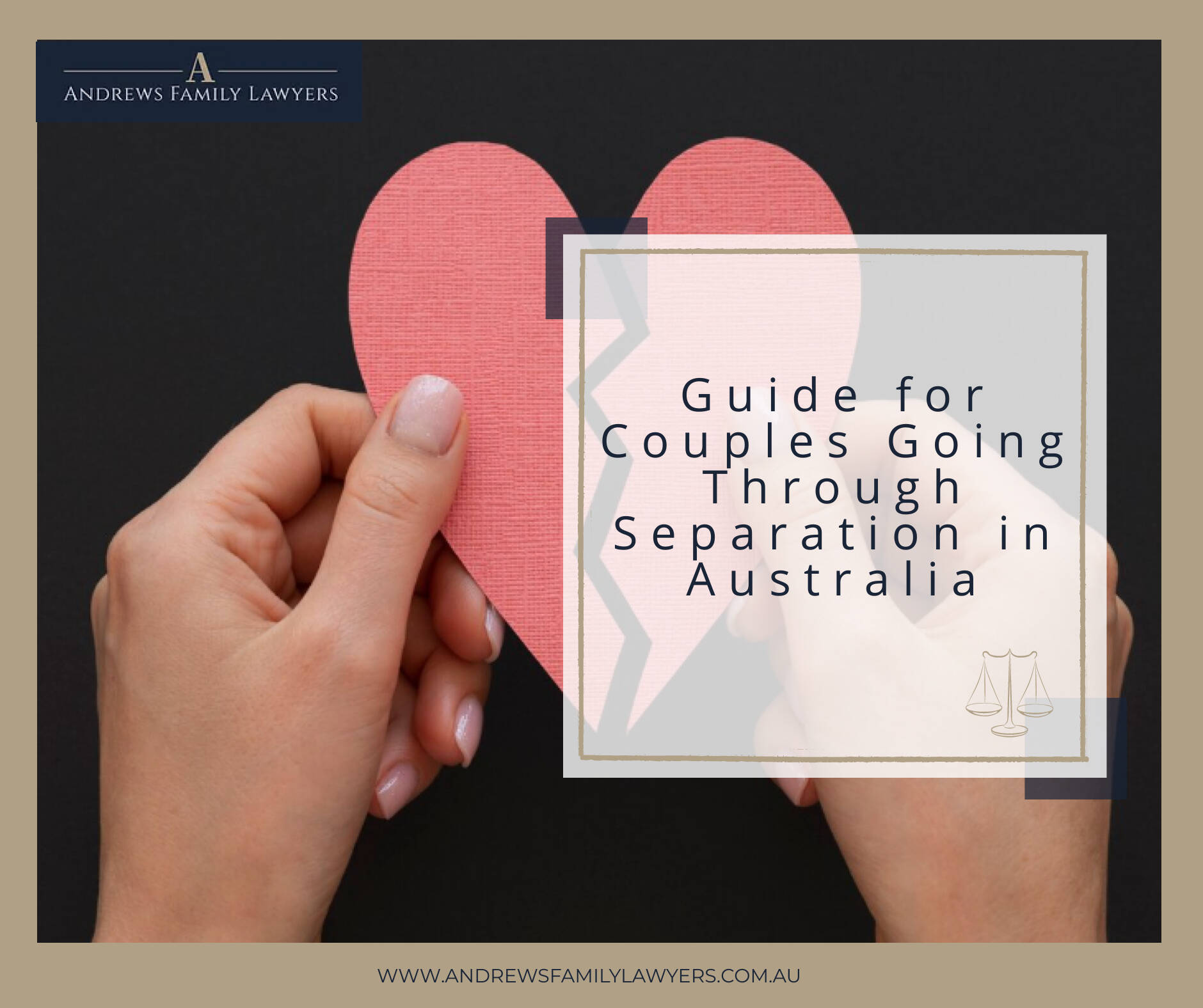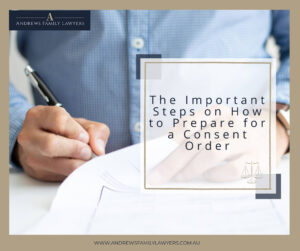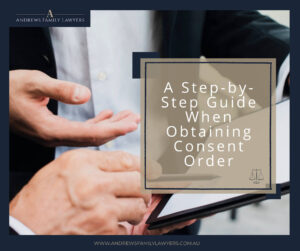Dealing with separation in Australia can be a difficult and emotional process, especially when it involves children, financial assets, or domestic violence.
This blog serves as a guide to help you understand the legal procedures and available support during this challenging time. We aim to simplify the process by clarifying your rights and obligations and assisting you in making immediate decisions regarding finances and children.
The Separation Process In Australia
Under Australian law, whether a couple is married or de facto, the separation process is much the same. There is no set legal process to separate, in that you do not need to apply to a court or a government organisation to get a separation. There is no certificate for a break, as there is for divorce.
There are some immediate decisions you need to make around finances and children, if there are any, from the relationship. You do not need to make long-term decisions immediately; however, reaching temporary agreements will make the process easier for you and your family.
Some things you should consider or action immediately:
- Decide where your children will live and who will take care of them
- Discuss how you and your former partner will financially support yourselves and your children
- Make arrangements for how bills, including rent or mortgage, as well as outstanding debts, will be paid
- Decide who will stay in the family home
- Advise government organisations that you have separated, including Medicare, Centrelink and the Child Support Agency.
- Advise your bank, insurance providers and superannuation fund that you have separated, and make arrangements for joint bank accounts.
- Share with your family and friends that you have separated
Notifying the above agencies and institutions of your separation will be important when it comes to applying for a divorce if you are married, for the division of assets, or if you continue to live under one roof to prove your separation in the future.

To know the difference between divorce and separation, check out our blog here.
Ending a Marriage
There are two stages to ending a marriage: the first is marriage separation, and the second is divorce.
In Australia, marriage is defined under Australian law by the Marriage Act 1961 and the Marriage Amendment Act 2017 as the union of two people, to the exclusion of all others, voluntarily entered into for life. When separation occurs, following the steps outlined in the section above is essential to notify the government agencies and institutions relevant to your break.
Any married couple can separate. However, specific criteria must be fulfilled before you can apply for a divorce, including but not limited to your legal right to live in Australia, and you must have been separated for at least 12 months and one day. The divorce application process is pretty straightforward, and you do not need to go to court in most circumstances.
A divorce, however, does not finalise arrangements regarding the division of property, financial assets, or parenting agreements. You can read more information about these further down this page.

If you are unsure what to do to solidify your separation, we are here to help. As experienced family lawyers, we can help you understand what you do and don’t need to do to make the process as simple and stress-free as possible. Contact us!
Ending a De Facto Relationship
First, what defines a de facto relationship?
A de facto relationship, both heterosexual or same-sex, is outlined in Australia by the Family Law Act 1975. It requires two people at least 18 years old with a married relationship to live together on a genuine domestic basis. The relationship is not defined as de facto if the couple is legally married or is in any way related to one another.
In Australia, the court deals with de facto relationship separation claims in much the same way it would with a married separation claim, particularly regarding the division of assets and parental duties. This means to apply; you must complete the same forms a married couple would to begin the process.
That said, while a married couple has their marriage certificate to prove their relationship, it may be more complicated for a de facto couple, as they are often required to verify the genuine nature of their relationship before they can apply for a separation.
For many de facto couples, however, if no financial assets or children are involved, a legal separation may not necessarily be required. If you are unsure whether or not you need to apply for a break, contact us, and we can help you understand the circumstances of your situation in an obligation-free consultation.
Suppose you need to apply for a separation. In that case, it’s essential to know that there is a time limit on claiming a de facto relationship under Australian law: you have two years from when the relationship ends to initiate court proceedings. If you wish to claim after this period, you must first seek the court’s permission.

For a complete guide about de facto relationships, check this blog.
If you need help with issues related to family law matters, Contact Andrews Family Lawyers to schedule a FREE consultation.
Family and Property Complications
While the process of separating and filing for a divorce is legally relatively straightforward, many circumstances may cause complications, including domestic violence, parenting arrangements and the division of assets. In each of these cases, it is essential to understand your rights and obligations.
Leaving the Family Home
In most cases of separation, you and your partner can decide who leaves the home and who stays, if anyone. If you cannot amicably resolve who goes to the house, or your partner refuses to discuss an outcome with you, you can apply to the court for a sole use and occupation order, which forces one person to leave. This order is only made in exceptional circumstances.
If you have experienced domestic violence, you can also apply to the court for a domestic violence protection order, which forces the other person to leave your home.
It’s important to understand that if you and your partner jointly own the home, if you leave, either by choice or are ordered to go under a court order, this does not change any rights to possession of the house or your possessions. If a domestic violence protection order is taken out against you, and it says you must not be at your home, you must leave.
Regardless of the circumstances, if you leave your home, you are legally allowed to take any possessions you own individually. You should always carry personal documents with you, such as:
- Passports and other unique identification such as birth certificates and your driver’s licence
- Financial statements such as tax returns and bank statements
- Credit and debit cards, bank and chequebooks
- Marriage certificate
- Items you and your children may need if they are leaving with you
- Items with sentimental value

Supporting Your Children in Separation
Separation is often a distressing time for children, so it’s essential to consider the best outcome for children when making decisions about custody and parenting arrangements.
Children will each react differently to a separation, and emotions can range from anger to sadness to feeling guilt for the break. PIt’sarents must understand that the age of their children, as well as their behaviour, can have an impact on children, including the level of cooperation or conflict between them and their former partner.
Reassuring your children that they are loved and encouraging them to maintain positive relationships with both parents as well as extended family will help them to adapt more quickly to changes. You should also remember that if you can accept and deal with the separation, you will be better able to support your child through the process as well.
Negotiation of Living Arrangements for Children
There is no one-size-fits-all regarding living and parenting arrangements after separation because every family is different. The working hours and income of each parent, suitable living arrangements and ability to provide a safe environment for children are critical to consider when making decisions about children in separation. You should consider:
- How old are your children, as arrangements that suit a ten-year-old may not necessarily be suitable for a two-year-old
- What is the most practical arrangement for your children, whether that is to spend equal time with each parent or substantial and significant time with one parent (such as weekends and holidays)
- Establishing a routine is important for providing stability and security while encouraging the need to be flexible is also essential should circumstances change
- Providing ample notice if you want to change the routine for both your former partner and your children
- Any time they will spend with other family members, such as grandparents
- Who is responsible for making decisions on things such as what school they will attend, health care, sports, religious matters, and where they will spend school holidays
Considering all of these aspects of your children’s lives can be overwhelming, which is why we are here to help. Our experienced family lawyers can help you understand your requirements and rights, manage child support arrangements and parenting dispute resolution, and guide you to provide the best possible outcome for your children.

If you need help with issues related to supporting your children in a separation or other family law matters, Contact Andrews Family Lawyers to schedule a FREE consultation.
Division of Assets in a Separation
The division of assets will differ from couple to couple, and many factors need to be considered in this process. Contrary to popular belief, each party is not automatically entitled to 50 per cent of the wealth.
Factors that need to be considered could include but are not limited to, the existence or not of a “prenup” or binding financial agreement, the income of each party in the relationship, assets owned together and separately, liabilities such as home loans and credit card debt, and contributions made to the association by each party. It’s important to understand that donations can be financial and non-financial, such as being the primary caregiver to children.
For information about the property settlement process when courts are involved, consult our article Division of assets for a Divorce.
There is a four-step property financial settlement process we take you through to determine legally who is entitled to what, how to claim what you are entitled to, and the probable legal costs involved to settle your case quickly and correctly. It’s also important to know that time limits apply to property settlements, so you should begin this process as soon as possible.
In many cases, couples can resolve their property and financial settlements with a financial agreement outside of court. If both parties cannot agree on the division of assets, or there is unfair bargaining power for one party, it is recommended that a consent order is filed in court.
Regardless of whether you believe you and your former partner can resolve the division of assets amicably, seeking independent legal advice from an experienced family lawyer ensures you get the best outcome possible.
Physical and Mental Health Considerations
Separation and the division of assets don’t only come down to the past and present; each party’s future needs are also considered. Whether you have experienced domestic violence or are concerned for your physical, mental or financial future, we are here to help.

When to Obtain Additional Support and Legal Advice
It’s essential to obtain independent legal advice if any of the following circumstances apply to you:
- You have experienced domestic violence and are thinking about applying for a domestic violence protection order
- You are considering applying for a sole use and occupation order to force your partner out of your family home
- You want to protect your finances and property from your partner after separation, or you do not trust your partner with savings accounts or property.
- Children are involved, and you want to understand how separation will impact parenting arrangements, child support or spousal maintenance.
- You want to understand how separation will impact joint bank accounts, joint debts, superannuation, property and your will (or lack thereof)
If you need help with issues related to family law, Contact Andrews Family Lawyers to schedule a FREE consultation.




